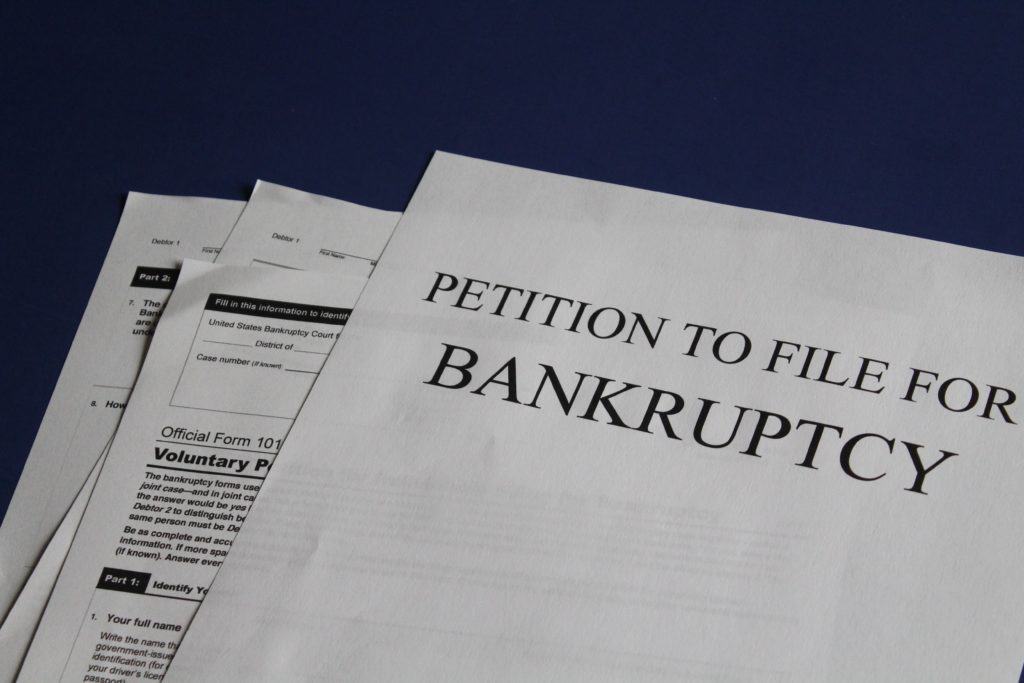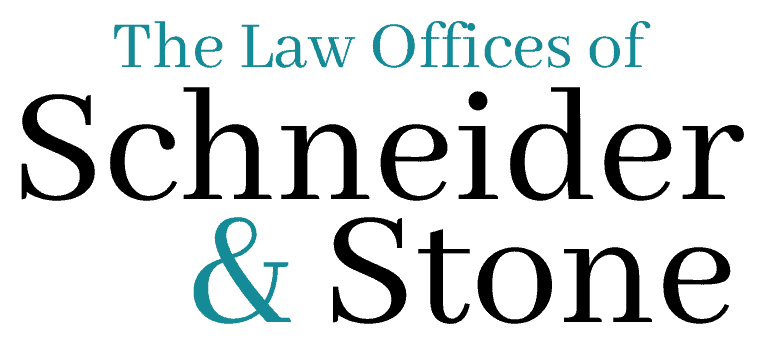Prior to taking the bankruptcy class in my final semester of law school my only exposure to the word bankrupt was when I would watch Wheel of Fortune with my grandmother. I didn’t know the precise definition of the word bankruptcy but I did know that if you landed on it you lost everything. Interestingly enough I only took the bankruptcy class in law school to fill out the final credits I needed to graduate early. I never suspected that some day I would become a seasoned bankruptcy professional. On the first day of class our professor told us that for the rest of our careers wherever we would work we would become the bankruptcy experts simply because we had taken the class. I think that is because most people have no clue what bankruptcy really is (beyond the black space on the Wheel) nor do they want to take the time to find out; those of us that do are immediately identified as experts no matter how much we really know.

Definition of Bankruptcy
Bankruptcy is defined by dictionary.com as 1. the state of being or becoming bankrupt, 2. utter ruin, failure, depletion, or the like. From there we can seek out the definition of the word bankrupt which gives us much more information. The first definition is “a person who upon his or her own petition or that of his or her creditors is adjudged insolvent by a court and whose property is administered for and divided among his or her creditors under a bankruptcy law.” This is helpful. This definition is bankruptcy in a nutshell and is a good working definition. As much as I feel this definition is a good one, I am a bankruptcy attorney have context and experience with every part of that definition so it makes sense to me. For most the definition above still makes you think of Wheel of Fortune. Let’s do what lawyers do and analyze each part of the definition to obtain some useful information from it.
What is a “Person” in Bankruptcy?

I am not asking this question because I want to know what a person is in a general sense, I am asking this question because the first part of the definition of bankrupt is “a person.” In the world of bankruptcy professionals “a person” is something that needs to be defined. This brings us to the dictionary that bankruptcy lawyers use when we need a definition of something…. the bankruptcy code. A person is an individual, partnership, or corporation. This is how we know bankruptcy protection is available for people as well as businesses.

what is a Bankruptcy petition?
The next part of the definition says that a petition is needed. This refers to an actual document called the bankruptcy petition. You can see an example of the bankruptcy petition on the website for the United States Courts. The bankruptcy petition you find there is in pieces as all of the possible forms and schedules you will need are there as separate files. When you see the sheer volume of documents that are required for a bankruptcy petition you start to see why you need a bankruptcy lawyer to navigate this. The petition is largely the same whether your case is filed under Chapter 7, Chapter 13, or Chapter 11.
How do you Become adjudged insolvent by the court?

Becoming adjudged insolvent by the courts involves the filing of the bankruptcy petition that was mentioned above with the clerk of court for the bankruptcy court in your jurisdiction. If you are not working with a lawyer then you will actually have to go to the clerk’s office and submit your petition. Working with a bankruptcy lawyer makes this a lot easier because we have to file all of our petitions online. We do this from our office and the process is complete in a matter of minutes. Once the petition is filed you are assigned a case number and you have been adjudged insolvent. For most people this is a voluntary act and it happens rather quickly. The determination of insolvency can be challenged and there are many ways that the protections associated with bankruptcy filing could be challenged but that will be the subject of future posts. For now being adjudged insolvent affords you a whole host of protections and relief.
Is your property actually administered and divided for creditors?

The final part of the definition we will deal with in this post is the part that most of the horror stories are written about…losing your property. The short answer to this question is yes and no. Yes if you have property worth taking. No because most people’s property is not worth taking. It also depends on whether you filed for Chapter 7 Bankruptcy or one of the reorganization chapters (Chapter 13 or Chapter 11). In Chapter 7 the goal of the trustee appointed to your case is to liquidate property and use the money to pay your creditors. In Chapter 13 or Chapter 11 the amount of property you have is used as a measuring stick to determine how much of your debt you need to pay back. This is a very complicated area of bankruptcy law and knowing the risk of filing under each chapter is the mark of a good bankruptcy attorney. Many times the decision on which chapter to file under will hinge on whether there is a risk of liquidation or not. This is a much longer topic that I will leave for future posts.

Comments are closed.